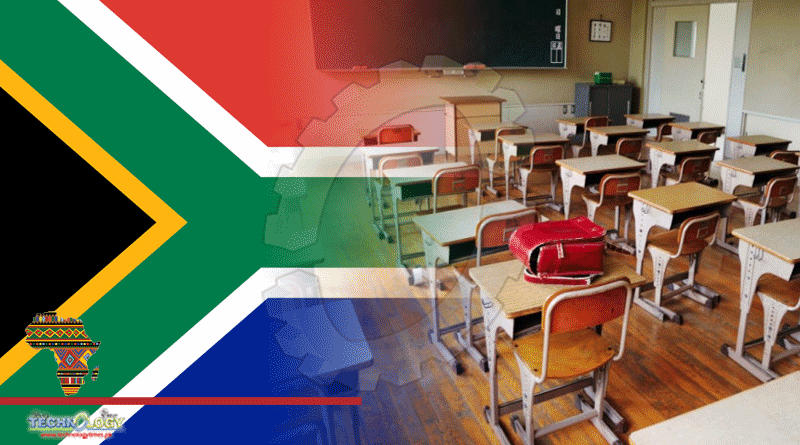Mark Adjustments And Condonations Are Used As Special Dispensations To Offset Potential High Retention Of Learners In An Academic Year

The government has instructed South African schools to give learners in grades four to nine up to 5% extra marks for up to three subjects if this will help them pass the 2020 academic year. This is an increase over the extra 2% which was available to grade seven to nine learners in 2019, with this change being attributed to the interruptions caused by the Covid-19 pandemic. Mark adjustments and condonations are used as special dispensations to offset potential high retention of learners in an academic year, said Department of Basic Education Director-General Hubert Mathanzima Mweli.
“In 2020, due to the Covid-19 pandemic disruptions and related learning losses experienced in grades four to nine, the application of these special dispensations are continued.” The circular sent to schools by the government states that a mark adjustment of 5% is allowed in a maximum of three subjects, and thereafter, a further condonation in Mathematics must be applied. This requires learners who would have passed except for their mathematics mark, to be allowed through to the next grade in 2021 via a “condoned” pass.
This is regardless of the mark they receive for mathematics, Mweli confirmed.
Mweli also noted that grade nine learners who are condoned, and who achieve less than 30% for mathematics, should still be allowed to take Mathematics in Grade 10. “As in 2019, there is no restriction of only choosing Mathematical Literacy as a result of the Mathematics condonation,” said Mweli. Condoned learners must have their mathematics mark indicated on their mark schedule, and the letter “C” will be present next to the mark to show that the mark was condoned. Additionally, the learner’s report will state: “Mathematics mark has been condoned and the learner is promoted to the next grade.”
Response
Senior research associate at UJ Professor Mary Metcalfe supported the decision by the Department of Basic Education. “We need to recognise the catch up of learning from the loss of learning time in 2020 will take place over several years,” said Metcalfe.
“Learners must be supported over the time frame in an educational atmosphere which minimises stress and which takes into account the very different environments in which learning was possible — or impossible — at home.” She also believes that teachers should be given the flexibility to make the best decision regarding the condonation of learners.
“[They] are best placed to judge if the learning context of the subsequent grade will be able to support them,” said Metcalfe. However, UCT education Professor Ursula Hoadley told Times Live that the decision is illogical, as schools have already taken measures to address the effect of the Covid-19 pandemic.
“The reason given is to compensate for learning losses, but schools were already required to address this by only assessing what was taught (which in the majority of schools was a very small proportion of the normal curriculum) and by having a much greater proportion of the mark allocated to School-Based Assessments (as opposed to exams),” Hoadley explained. She said that because of this decision, many more learners are likely to pass than last year, which will result in overcrowded classes.
“It is also going to lead to much greater heterogeneity in classes, making teachers’ work that much more difficult, especially in trying to reach the number of underprepared students in their classrooms who, in a normal year, may have stayed in the previous grade,” said Hoadley. Western Cape Education Department (WCED) minister Debbie Schafer told MyBroadband that she believes this decision is reasonable when one considers the effect of the Covid-19 pandemic on learners.
“However, it should only be for this year, and measures must be put in place next year to catch up,” said Schafer. “The WCED is currently engaging with the DBE to clarify a number of assessment matters before providing guidance to our schools.”
This news was originally published at Business Tech
